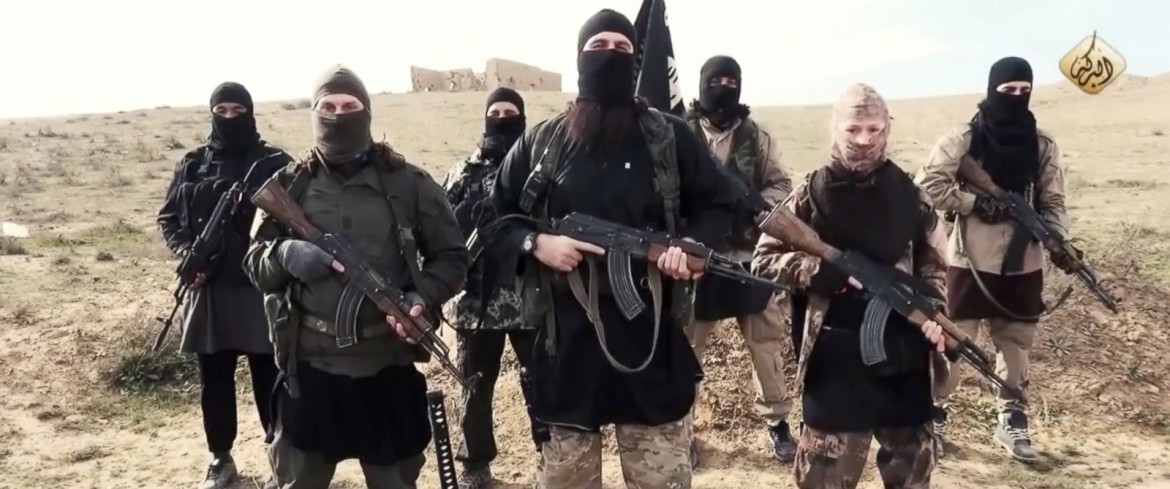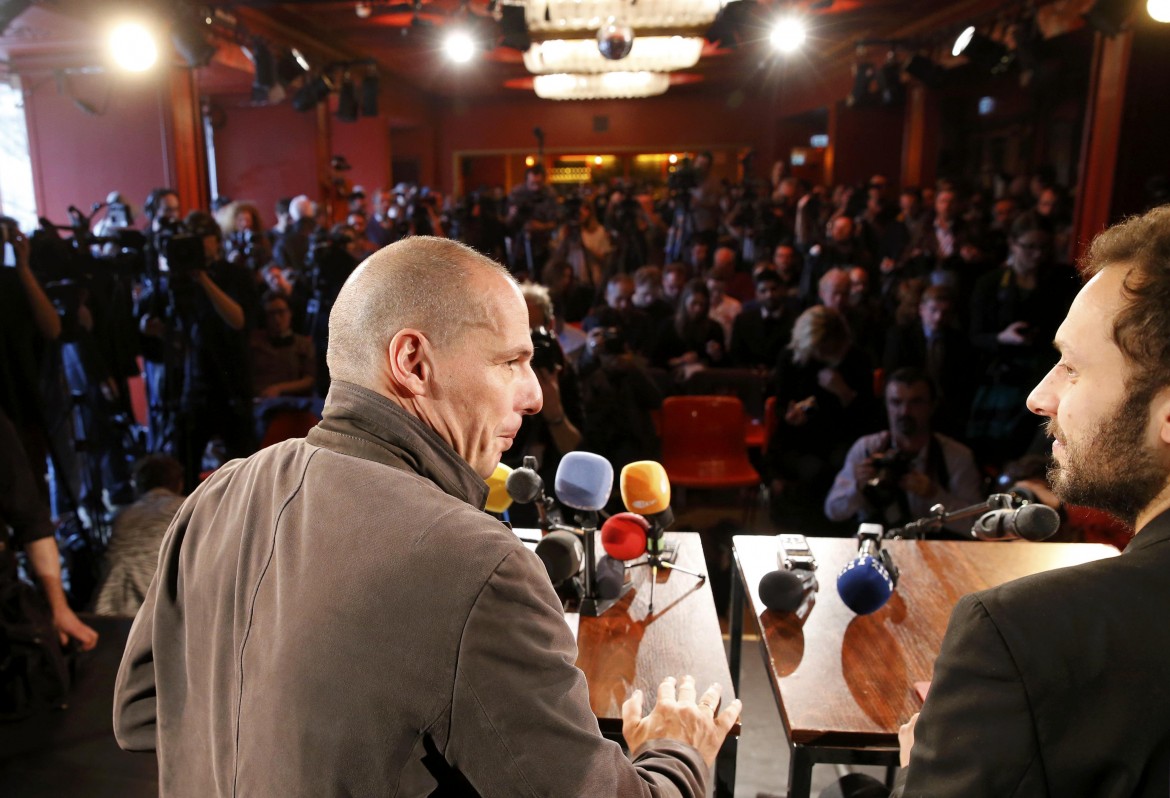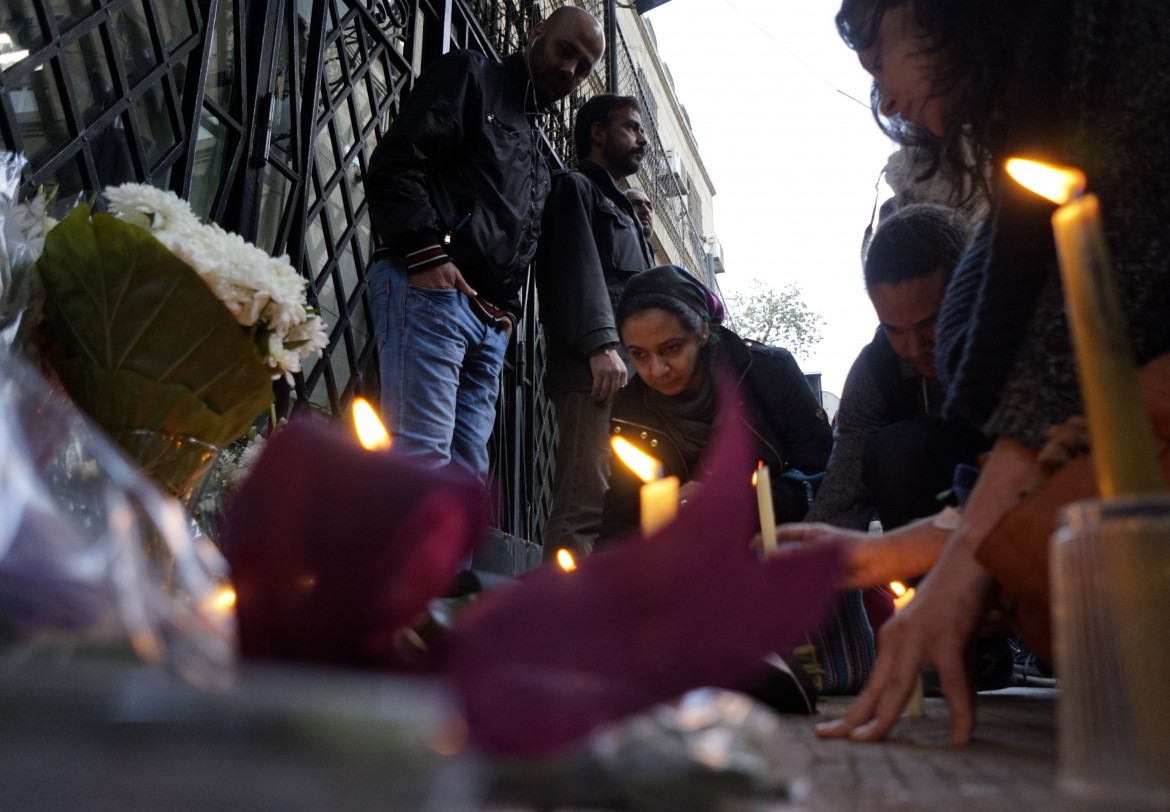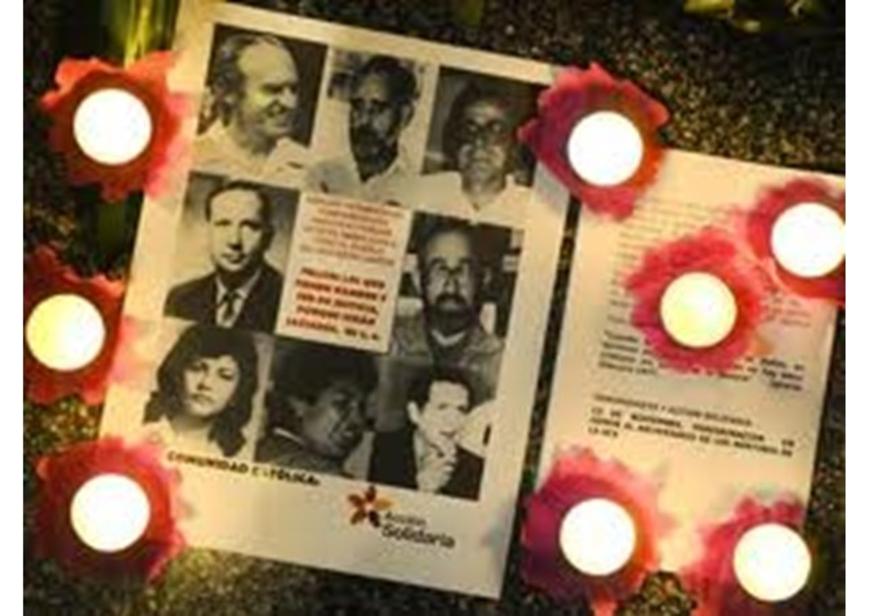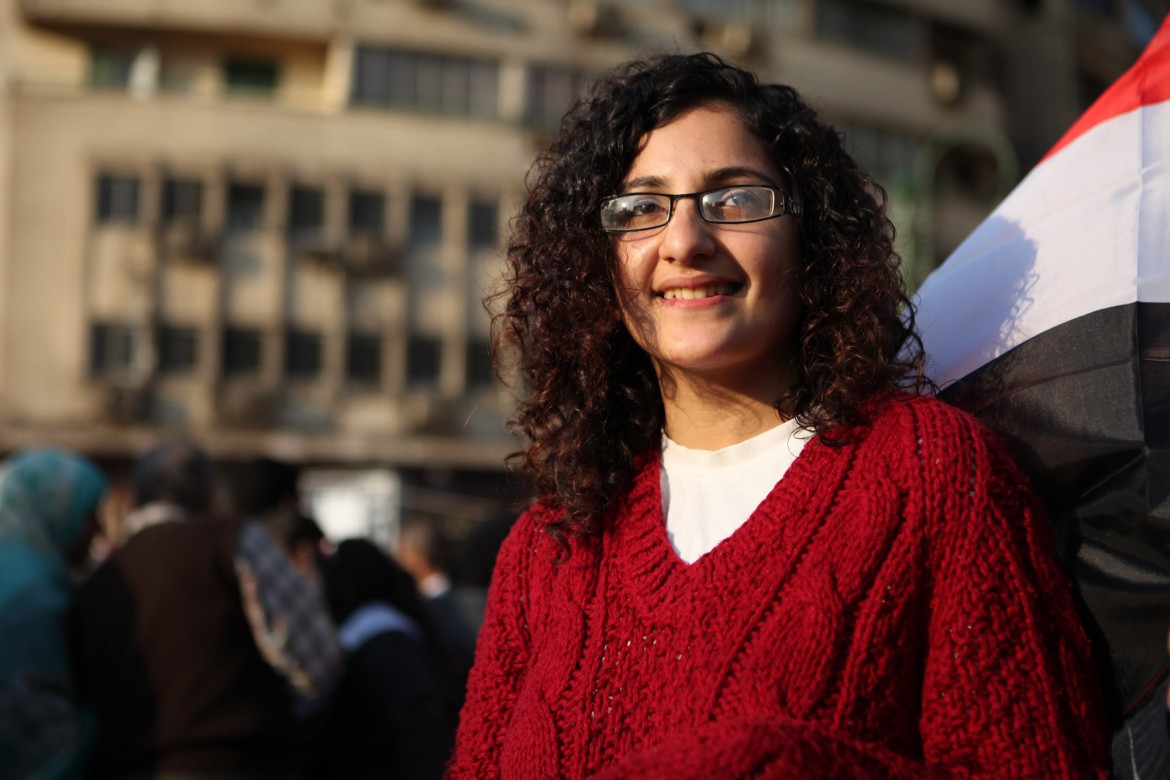One of the strengths of the Islamic expansion in Asia has always been the perception, among new converts to the word of the prophet, of enjoying equal rights before God and the courts. Such a status was not guaranteed in territories like India or Indonesia, dominated by caste rule. Equality was a guarantee of the Koran, above origin, language and skin color. It is therefore bizarre that Daesh purists apply the opposite of this rule, which is based on one of the cornerstones of the spread of Islam.
According to an intelligence report elaborated by researchers from different countries and cited recently by the Indian press, Daesh acts in precisely the opposite direction: The watershed that divides fighters of the caliphate into first and second class is whether they come from an Arab country, or one with ancient Arab assimilation. The second tier would mainly include Indians and Pakistanis, but also Chinese, Indonesians and Africans. The report does not say whether the same applies to the Caucasus and the fighters from Central Asia, who are often excellent guerrilla fighters.
The “soldiers” from South Asia and Eastern Europe would be considered the least reliable. Not only would they not be eligible for officer status or for entering the Daesh “military police” (reserved for Tunisians, Palestinians, Saudis, Iraqis and Syrians), but they would live in less hospitable shacks, would not be well armed, would enjoy a lower salary and even would be used as cannon fodder: shipped to the front line, in front of the ethnically pure guerrillas, to act unknowingly as suicide bombers, on jeeps packed with explosives that burst after the unaware driver complies with a command to dial a number on a cell phone.
Although it is always best to be wary of these more or less secret intelligence reports, this one is supported by at least three elements. One quantitative, one cultural and one ideological or religious.
The number of Indians among the foreign fighters is quite low: only 23. But out of these, six are already dead — one in four is a lot. The other element concerns the way Indians, Pakistanis, Bangladeshis and Indonesians are treated in Saudi Arabia and other Gulf states: They’re waiters and construction workers without rights, relegated to the outskirts of cities and paid a pittance, and beheaded or flogged if they participate in any alleged wrongdoing. These second-class Muslims, evidently considered less skilled warriors and less loyal, would be closely watched by the Daesh police.
Finally, there is a problem of doctrine: Daesh embraces the Hanbali law school (madhaab), one of four schools followed by Muslims on the subject of Koranic law (fiqh). it was founded in Baghdad by Ahmad ibn Hanbal. It reiterates the supremacy of the sacred texts on personal reasoning, rejects the analogy as a source of law and it is the legal basis of the Wahhabi and Salafi movements. Central Asians, Afghans, Pakistanis, Indians and Bangladeshis mainly follow the Hanafi law school (the most ancient and widespread), viewed with suspicion by Wahhabis and Salafis.

